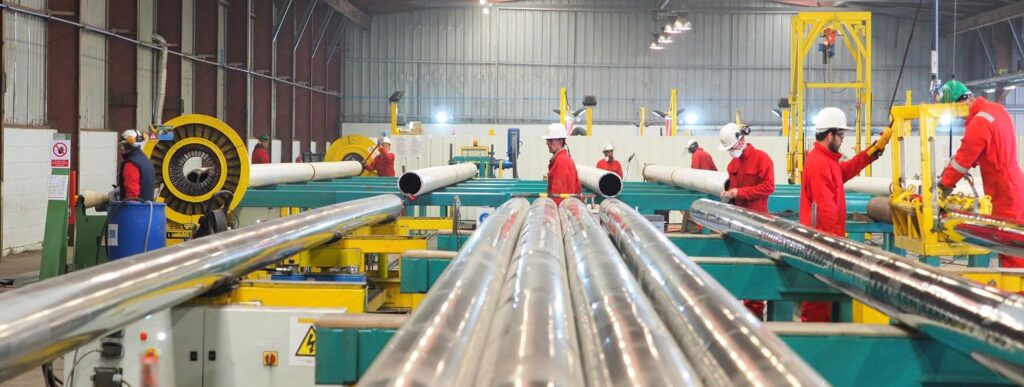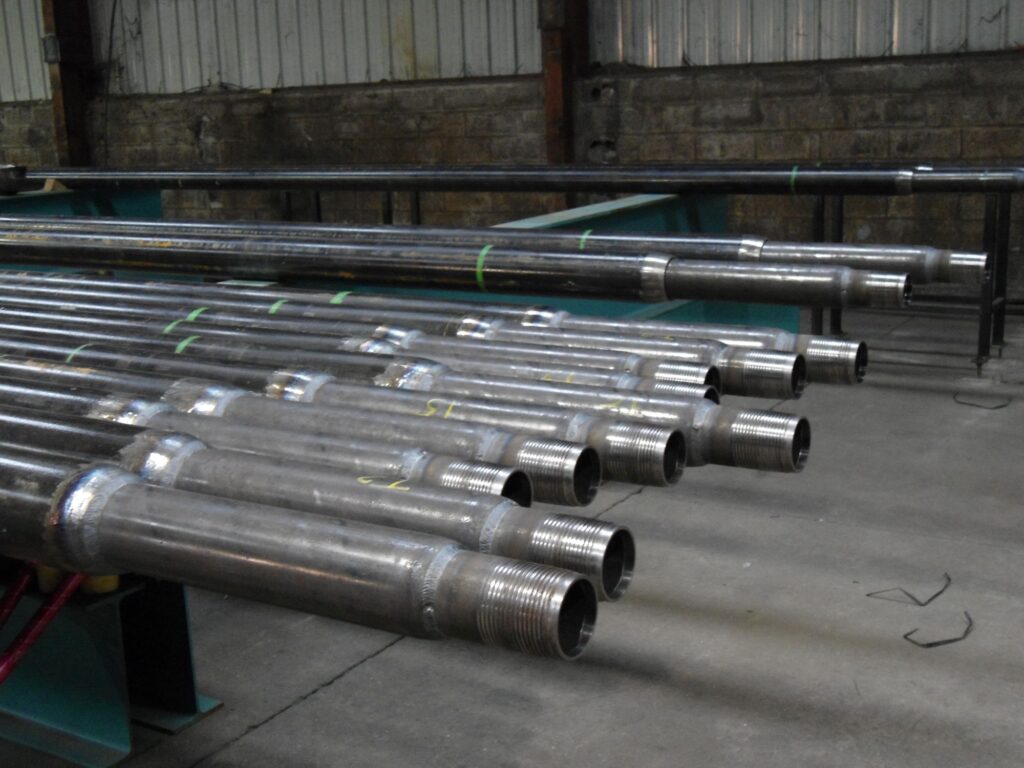Carbon Capture and Storage
Carbon Capture and Storage (CCS) can be a way to reduce the effect of carbon dioxide emission into the atmosphere. CO2 transport benefits from insulated system to offset cooling or preserve its liquid state.

Key advantages
Our highly insulated pipeline solutions are well adapted to minimise CO2 heat gain or heat loss, depending on its transport state. This allows for high temperature, dense phase cryogenic transport or environmental protection of injection wells using insulated casings.
Enabling architectures for liquid CO2 transport.
Reduce the impact on the environment.
Offset Joule Thomson cooling effects.

Enabling architectures for liquid CO2 transport.
Reduce the impact on the environment.
Offset Joule Thomson cooling effects.
Market Needs
Carbone Capture and Storage (CSS) can involve transportation by pipeline, trucking, rail or ships from point source of production to inert storage locations, such as sub-surface depleted gas reservoirs.
CO2 can be transported as liquid (refrigerated or hot), as compressed gas or in supercritical phase. These conditions require heating, cooling or compression of the COc. Our insulated pipeline solutions reduce the amount of heat loss or heat gain, thus improving CCS efficiencies.
For instance, heated or highly insulated pipelines can provide the necessary heating to offset Joules Thomson cooling when expanding into depleted reservoirs. In addition, insulated casings protect the environment from the cold CO2 during injection and ensure well integrity.
Refrigerated pipeline are well adapted to terminal location where liquified CO2 is transported by shipping.
Why PiP?
The technologies associated with our refrigerated, reeled or heat-traced solutions are well-suited for the transportation of CO2 in its liquid or gas phase and our downhole tubing solutions provide well integrity against excessive cooling of the environment.
Your Benefits
- Well Integrity & Environmental Protection: Our insulated downhole tubing and casings protect well structures from thermal shock due to cold CO2 injection. This maintains cement bonding, prevents casing stress fractures, and safeguards subsurface integrity, while minimizing environmental impact during reservoir re-injection.
- Efficient Terminal Operations: Refrigerated PiP systems are ideal for terminal areas where liquefied CO2 is handled via ship. These systems support safe offloading and transfer with minimal thermal loss, enabling reliable operations even in space-constrained or sensitive locations.
- Operational & Cost Efficiency: Enhanced insulation reduces heating or cooling requirements, cutting both capital and operational expenditures. The system supports continuous CO2 flow with minimal downtime and low maintenance, translating into higher reliability and long-term savings.